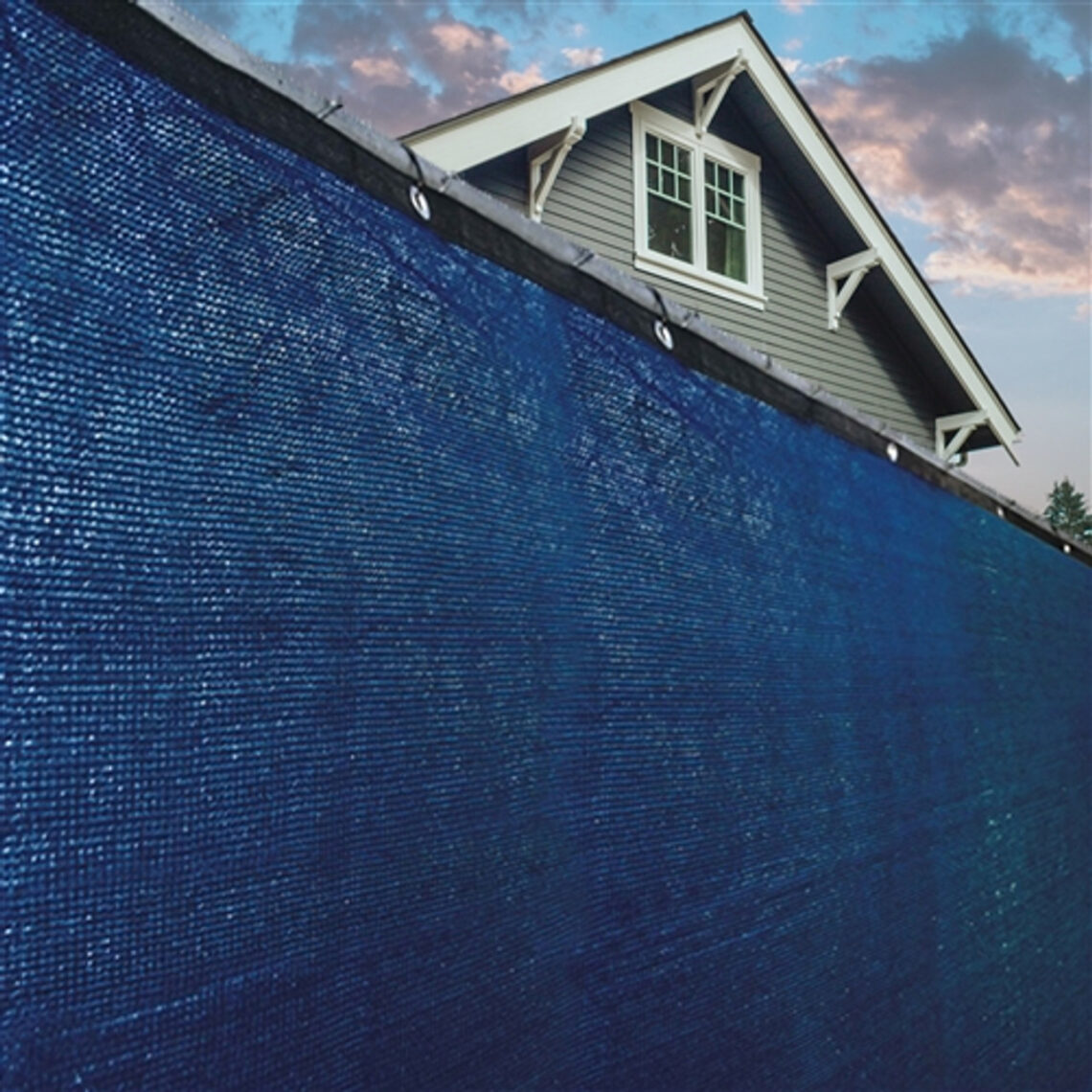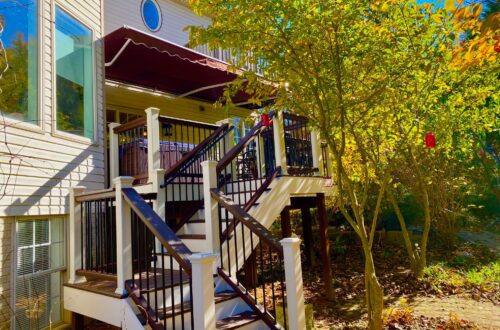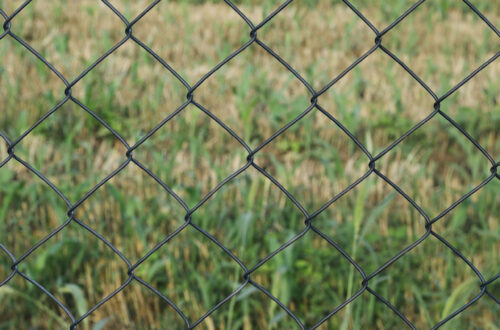When it comes to creating a private oasis in your outdoor space, privacy screens are your secret weapon. These necessary add ons not only protect you and your home from nosy neighbors but also add a touch of style and personality depending on the material you choose. But with a plethora of privacy screen material options available, how do you choose the right one for your home? If you’re stumped on which privacy screen material to choose, your trusted guides from ALEKO are here to help. Below our experts will be diving into the exciting world of privacy screens to help you make the best choice for your home.
What Is a Privacy Screen?
Before we dive into the nitty-gritty of choosing the perfect privacy screen material, let’s get on the same page about what a privacy screen actually is. Simply put, a privacy fence screen is a versatile and functional addition to your outdoor space.
What Is the Purpose of a Privacy Screen?
So, why bother with a privacy screen in the first place? Well, let’s break down the purposes they serve:
- Privacy, of Course: The primary purpose of a privacy screen is right there in the name. They allow you to fully enjoy your outdoor space without feeling like you’re being watched or on display for the world to see.
- Protection from the Elements: Depending on the material you choose, privacy screens can provide shade, block wind, and protect you from debris carried by the breeze.
- Aesthetic Appeal: Privacy screens aren’t just functional; they can also enhance the visual appeal of your outdoor space, adding a touch of style and charm.
- Versatility: With various materials and designs to choose from, privacy screens can be customized to match your aesthetic preferences and the overall theme of your outdoor area.
Now that we’ve established why privacy screens are essential let’s delve into the world of privacy screen materials.
Types of Privacy Screen Materials
When it comes to selecting the right material for your privacy screen, you have several options to consider. Each material has its unique characteristics, benefits, and ideal use cases. Here are some of the most popular privacy screen materials:
Mesh Fence Screen
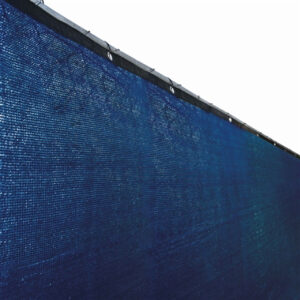
- Material: Mesh fence screens are typically made from durable, high-density polyethylene fabric.
- Benefits: Mesh screens offer a balance between privacy and visibility. They block prying eyes while allowing air to flow through, making them perfect for hot summer days.
- Ideal Use: Mesh screens are ideal for a wide range of outdoor spaces, including patios, decks, pool areas, and athletic fields.
- Notable Features: Many mesh screens come with brass grommets and zip ties for easy installation. They’re designed to withstand UV rays and harsh outdoor conditions.
Ivy Leaf Screen
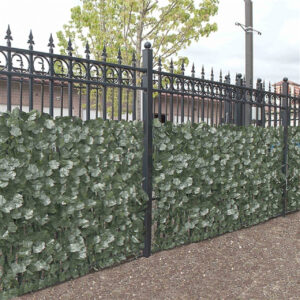
- Material: Ivy leaf screens feature realistic, artificial ivy leaves attached to a mesh backing.
- Benefits: Ivy leaf screens provide both privacy and a lush, green aesthetic without the maintenance of real plants. They create a natural, secluded ambiance.
- Ideal Use: Ivy leaf screens are perfect for gardens, trellises, and spaces where you want to achieve a green, secluded paradise.
- Notable Features: These screens require minimal upkeep, and you can customize their appearance by arranging the ivy leaves to your liking.
Wooden Panels
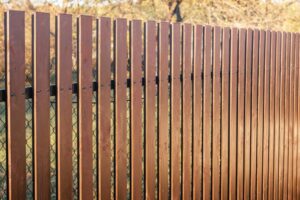
- Material: These panels are typically made from wood, offering a classic and rustic appearance.
- Benefits: Wooden panels provide excellent privacy while adding a timeless, natural charm to your outdoor space.
- Ideal Use: These panels are perfect for any backyard, especially those with a traditional or rustic design.
- Notable Features: Wooden panels can be stained or painted to match your preferred color scheme, allowing for customization.
How to Select the Right One for Your Home
Choosing the right privacy screen material for your home involves considering several key factors:
- Privacy Level: Determine how much privacy you need. Mesh screens offer partial privacy with some visibility, while ivy leaf and wooden panels provide higher levels of seclusion.
- Aesthetic Preferences: Consider your preferred outdoor style. Do you want a natural, green look with ivy leaves, a classic wooden appearance, or a modern mesh design?
- Maintenance: Think about how much maintenance you’re willing to undertake. Mesh screens and ivy leaf screens are relatively low-maintenance, while wooden panels may require more attention.
- Outdoor Conditions: Take into account the weather conditions in your area. Mesh screens have UV protection built in, which means they are a lot more durable to sun damage and harsh elements.
- Installation: Evaluate your DIY skills and installation preferences. Some materials, like mesh screens, come with grommets and zip ties for easy installation, while others may require more effort.
- Budget: Consider your budget and the cost of materials. Mesh screens are often the most budget-friendly option, while ivy leaf screens and wooden panels may have different price points.
By carefully considering these factors, you can confidently select the perfect privacy screen material that aligns with your privacy needs, style preferences, and maintenance capabilities. Once you’ve made your choice, you’re on your way to transforming your outdoor space into a private sanctuary, shielded from prying eyes and filled with charm and personality. Happy screening! To find the perfect barriers for your home, shop our complete collection of driveway gates and wrought iron style fencing at ALEKO today.
